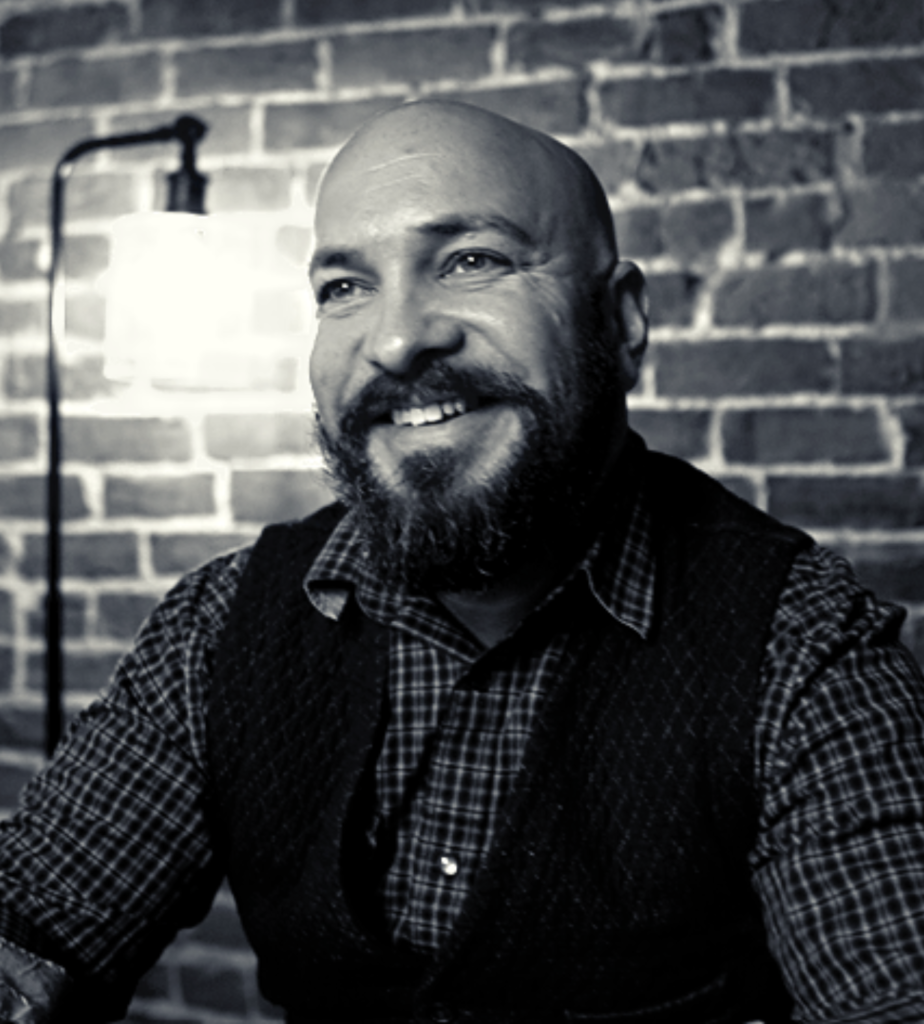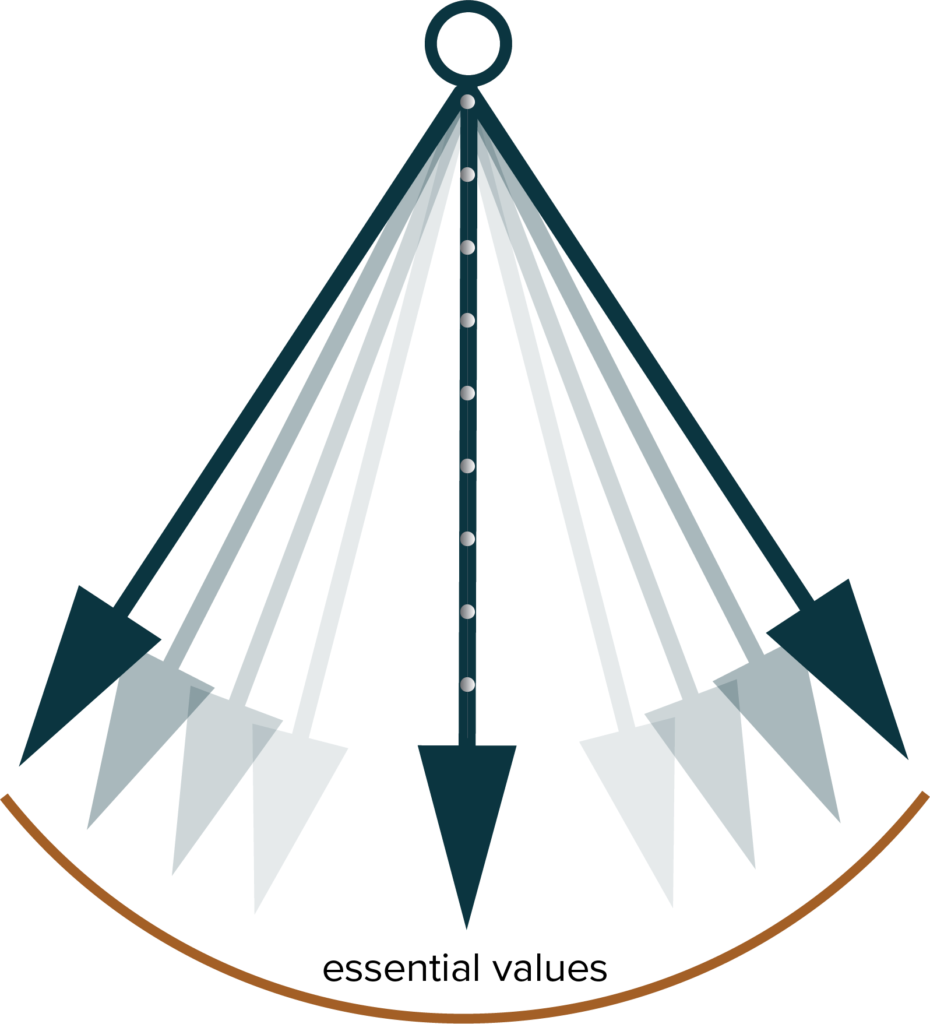As the founder of TIL – the path to creating TIL.com began out of my own desire to reverse my own trauma. It did not start as a journey to find myself, it started as a journey to stop feeling suicidal.
On the surface, others might envy my life as a successful self-employed defense attorney. On the inside however, I had gone from priding myself on being someone few people got the chance to know or like, to being heartbroken about the behaviors that made me someone very few people got the chance to know or like. I’d become someone who pushes others away in hollow attempts to create connection. I was not the person I wanted to be. I was not experiencing the life I wanted to live. I was not connected to others the way I wanted to be connected. And this disconnect between who I wanted to be and who I had become lead me to seek a way out. And so began my personal journey to reverse my own trauma, and to apply what I’ve learned to my legal practice with Trauma Informed Law.com.


We exist on 4 plains. The cognitive, physiological, emotional and spiritual. As lawyers we need to be able to speak with our clients and each other on all of these levels, because we all exist on each of these levels. Intent, physical facts, emotional context, spiritual disposition, these all have real impacts on the factors of every case and overlooking their relevance could be seen as a disservice to clients and each other.

Living in the past leads to grief, shame, and regret. It can lead to making decisions in the present that don’t serve you because you are making decisions in the now that are predicated on mistakes you made in the past. This can lead to “running away from ourselves” or “trying to outrun our pasts”. Living in the future leads to fear, unknowing, uncertainty and doubt. When we allow ourselves to be focused on future events that have not happened, our minds have a tendency to “fill in the gaps” of unknowing with the most fearful circumstances we can imagine.
In a world of infinite possible outcomes, we have no way of knowing “what will happen” and our worst fears are just as likely to manifest as the best possible outcome. As attorneys and clients we could be better served by living in the now, or being present with our thinking. When we are present, we do not experience the grief from our pasts, or fear of the future, instead we are present, which is a gift. In the words of Deepak Chopra — ‘The past is history, the future is a mystery, and this moment is a gift. That is why this moment is called ‘the present’.’
